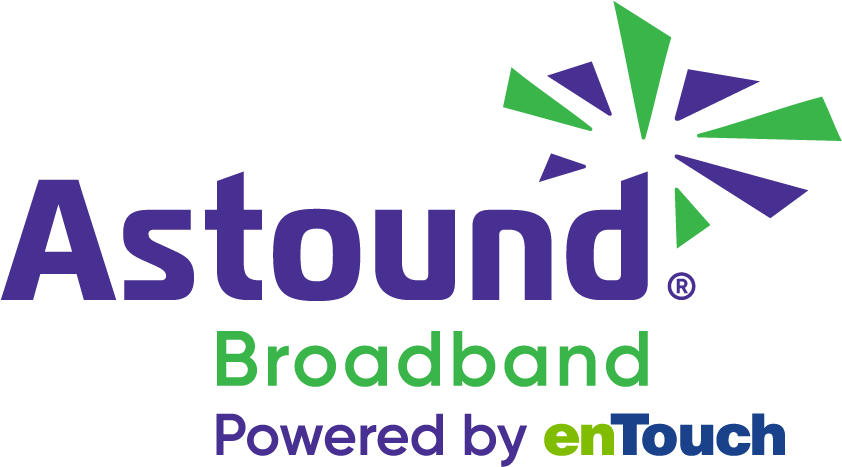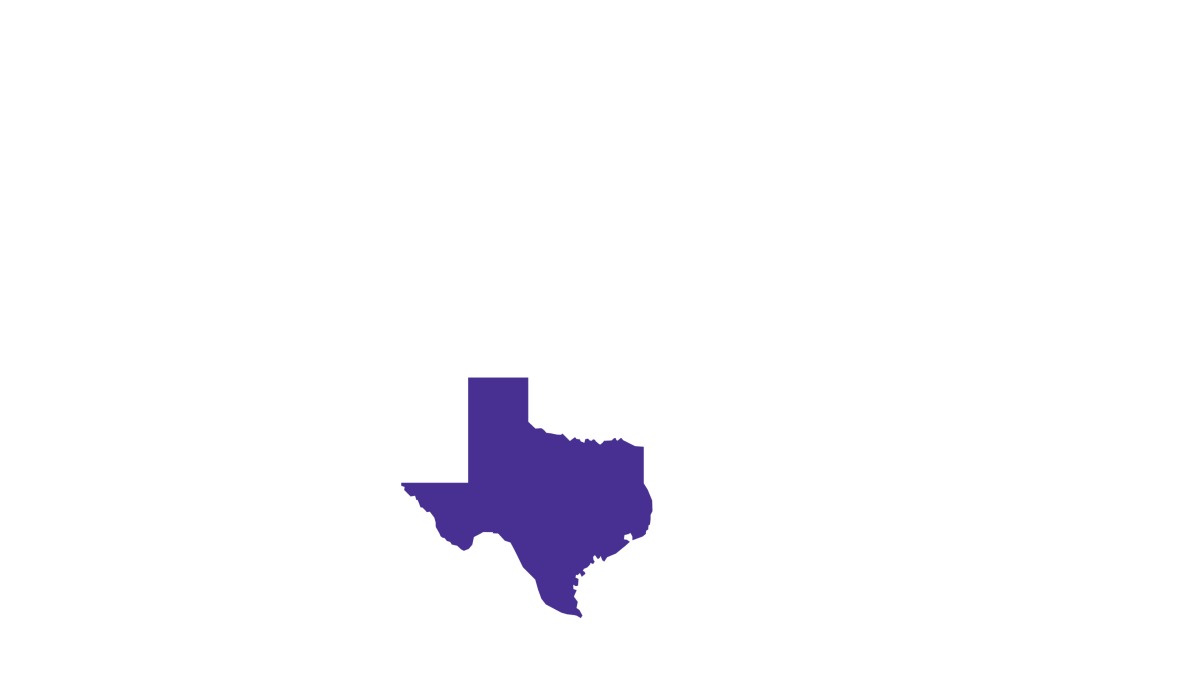
Identity theft prevention
- Home /
- Policies & Disclaimers /
- Identity Theft Prevention
RCNWaveGrandeenTouch is committed to keeping your personally identifiable information secure by adhering to all federal privacy regulations and establishing an Identity Theft Prevention Program. Keep reading to learn more about Identity Theft, how RCNWaveGrandeenTouch is working to keep you safe and what you can do to protect yourself.
What is Identity Theft?
Identity Theft has been defined both by statute and by the Federal Trade Commission (FTC) to include the misuse or attempted misuse of any identifying information – such as a social security number, biometric data, or an existing credit card account number – without lawful authority, to commit fraud. A 2006 Identity Theft Survey Report (PDF, 2.19 MB) by the FTC revealed that approximately 8.3 million adults in the United States were the victims of Identity Theft in 2005. Among these victims, the median value of goods and services obtained by the identity thieves was approximately five hundred dollars.
In relation to the costs incurred by the victims themselves, at least half reported no out-of-pocket expenses (i.e., lost wages, legal fees, etc.). However, victims of Identity Theft all reported having spent hours of their time in trying to resolve the problems the theft created. On average, each victim reported having spent at least four hours resolving problems.
Additionally, more than a third of Identity Theft victims reported enduring problems beyond cost and time that included being harassed by collection agents, being denied new credit, being unable to use existing credit cards or obtain loans, having their utilities cut off, and being unable to obtain or access their bank accounts.
How does RCNWaveGrandeenTouch protect my personal information?
RCNWaveGrandeenTouch is dedicated to providing each of our customers with unparalleled quality of service and customer care. Part of this includes our obligation to protect your personally identifiable information from being compromised or used without your authorization. Through RCNWaveGrandeenTouch’s Secure Account Initiative, we have both met and exceeded the guidelines laid out by the Federal Communications Commission (FCC) to make certain that we are speaking with the account holder of record throughout our customer care process. RCNWaveGrandeenTouch has further implemented an Identity Theft Prevention Program which, coupled with our existing policies and procedures, seeks to ensure the privacy and security of our customers.
While we have and will continue to do our part to secure your personally identifiable information, there are also measures you should take to protect both you and your family against Identity Theft.
How can I protect myself against Identity Theft?
Identity Theft may be prevented if you just take the extra effort to safeguard your personally identifiable information. Much like the way you lock your doors at home, you should also lock the doors to information that is personal to you and your family.
A key first step in safeguarding your information is to regularly monitor your accounts and bank statements. Also, order a copy of your credit report from one of the major consumer reporting agencies that include Equifax, Experian and TransUnion. Review your credit report closely, checking for unusual activity and to ensure that your social security number, address(es), names and employers are correct. If you see inaccuracies or discrepancies, get them fixed by contacting your bank or credit card company.
U.S. law requires the major nationwide consumer reporting agencies give you a free copy of your credit report each year should you request it. To request a copy of your credit report, visit www.AnnualCreditReport.com or call 1-877-322-8228.
Other steps you should take, either daily or monthly, include:
- Shred financial documents that contain personal information.
- Only give out your social security number when necessary.
- Do not leave your bills laying around for others to see.
- Use unique passwords that are not easily connected to you and change your passwords regularly.
- Avoid giving out personal information without first confirming who you are speaking with and why they need to have your information.
If you believe your identity has been compromised, the FTC has advised taking the following four steps, keeping a record of each step as you proceed.
1. Place a fraud alert on your credit reports, and review them regularly.
2. Close the accounts that you know, or believe, have been tampered with or opened fraudulently.
3. File a complaint with the FTC using their online complaint form or call the FTC’s Identity Theft Hotline at 1-877-ID-THEFT (438-4338).
4. File a report with your local police or police in the community where the identity theft occurred.
Useful Links & Resources
Please visit the following websites to learn more about how you can better protect the personal information of both you and your family.
Federal and State Government:
FTC’s Identity Theft site http://www.ftc.gov/bcp/edu/microsites/idtheft/index.html
Department of the Treasury – Identity Theft Resource http://www.identitytheft.gov
U.S. Secret Service – Financial Crimes Division http://www.treas.gov/usss/financial_crimes.shtml
Social Security Administration http://www.ssa.gov
U.S. Department of Justice – Identity Theft and Fraud http://www.usdoj.gov/criminal/fraud/websites/idtheft.html
National Conference of State Legislatures http://www.ncsl.org/programs/lis/cip/priv/privacy.htm
Consumer and Professional Organizations:
Better Business Bureau http://www.bbb.org
Privacy Rights Clearinghouse – Identity Theft Resources http://www.privacyrights.org/identity.htm
Credit Bureaus:
Experian http://www.experian.com
Equifax http://www.equifax.com
TransUnion http://www.transunion.com
Not all services, speeds, packages, equipment, channels, tiers, pricing, streaming services, product offerings and product features are available in all areas. Offers valid only for new residential customers or previous customers with account in good standing who have not had our service within the last 60 days. All names, logos, images and service marks are property of their respective owners. Other restrictions may apply.

















